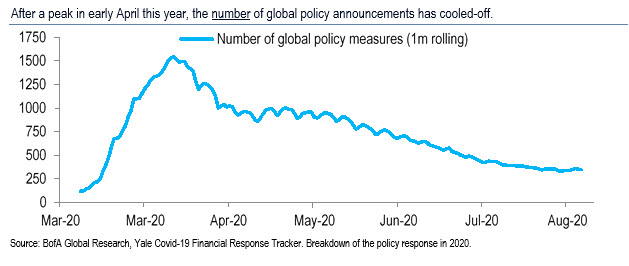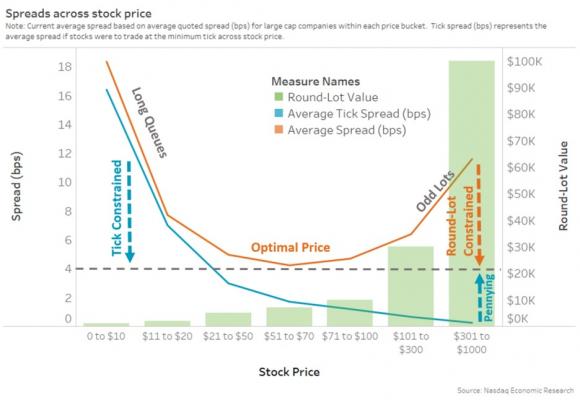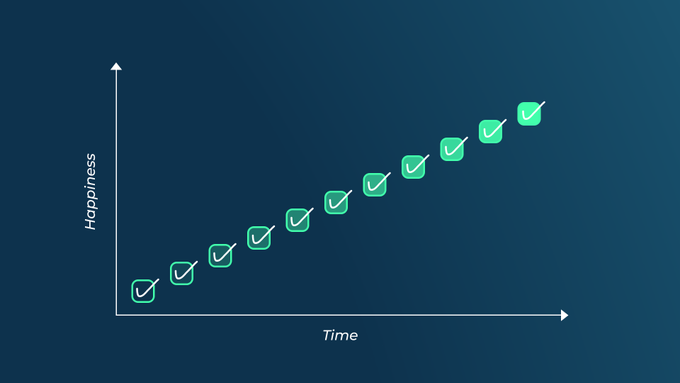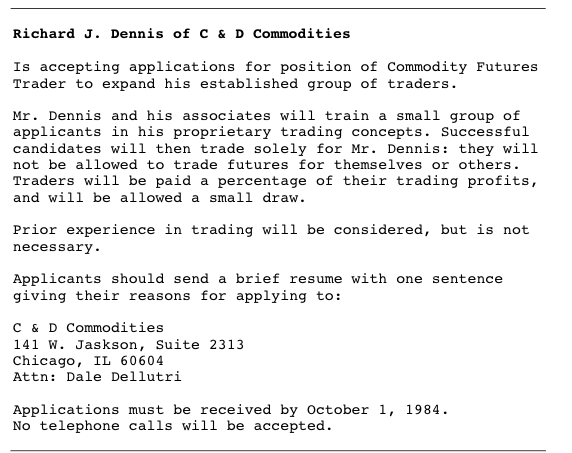Archives of “Education” category
rssThe world desperately needs a new crisis
From 1931 Tape Reading and Market Tactics – Neill
“You Can Still Make It In The Market.” Patience and waiting, game changers on volume, popping out in front of you – all key points in one simple paragraph.
Benjamin Franklin, Advice to a Young Man on the Choice of a Mistress (1745)
My dear Friend,
I know of no Medicine fit to diminish the violent natural Inclinations you mention; and if I did, I think I should not communicate it to you. Marriage is the proper Remedy. It is the most natural State of Man, and therefore the State in which you are most likely to find solid Happiness. Your Reasons against entering into it at present, appear to me not well-founded. The circumstantial Advantages you have in View by postponing it, are not only uncertain, but they are small in comparison with that of the Thing itself, the being married and settled. It is the Man and Woman united that make the compleat human Being. Separate, she wants his Force of Body and Strength of Reason; he, her Softness, Sensibility and acute Discernment. Together they are more likely to succeed in the World. A single Man has not nearly the Value he would have in that State of Union. He is an incomplete Animal. He resembles the odd Half of a Pair of Scissars. If you get a prudent healthy Wife, your Industry in your Profession, with her good Economy, will be a Fortune sufficient.
But if you will not take this Counsel, and persist in thinking a Commerce with the Sex inevitable, then I repeat my former Advice, that in all your Amours you should prefer old Women to young ones. You call this a Paradox, and demand my Reasons. They are these:
1. Because as they have more Knowledge of the World and their Minds are better stor’d with Observations, their Conversation is more improving and more lastingly agreable.
2. Because when Women cease to be handsome, they study to be good. To maintain their Influence over Men, they supply the Diminution of Beauty by an Augmentation of Utility. They learn to do a 1000 Services small and great, and are the most tender and useful of all Friends when you are sick. Thus they continue amiable. And hence there is hardly such a thing to be found as an old Woman who is not a good Woman.
3. Because there is no hazard of Children, which irregularly produc’d may be attended with much Inconvenience. (more…)
Common Psychological Fallacies on Risk and Probability
- Tendency to overvalue wagers involving a low probability of a high gain and to undervalue wagers involving a relatively high probability of low gain.
- Tendency to interpret the probability of successive independent events as additive rather than multiplicative.
- Belief that after a run of successes, a failure is mathematically inevitable, and vice versa (aka Monte Carlo fallacy).
- Perception that a favorable event has higher probability over an unfavorable event even though their mathematical probability is the same.
- Tendency to overestimate the frequency of occurrence of infrequent events and to underestimate that of comparatively frequent ones after observing a series of randomly generated events.
- Confuse the occurrence of “unusual” events with the occurrence of low-probability events (e.g. getting 13 spades is just as probable as getting any other hand).
How People Lose
- They personalize market losses.
- It is easy to equate losing money in the market with being wrong. In doing so, you take what had been a decision about money (external) and make it a matter of reputation and pride internal). This is how your ego gets involved in the position.
- You begin to take the market personally, which takes the loss from being objective to being subjective. It’s as if profits and losses were a reflection of their intelligence or self-worth.
- External losses are objective facts, while internal losses are subjective and defined in terms of the individual experiencing it.
- Market losses are external, objective losses. It’s only when you internalize and personalize the loss that it becomes subjective.
- Once a market position is personalized and it starts to show a loss, it is uncertain when or how it is going to end, leading a person to go through the five stages of internal loss while the loss gets larger.
- Denial – Seeking second opinions and only listening to the ones that conform with your own denial
- Anger – Getting angry at the market or others
- Bargaining – Bargaining to get out of the position if only it can go back to breakeven
- Depression – Distancing yourself, losing interest in all things, unable to focus
- Acceptance – Finally accepting and getting out of the position or getting forced out by margin calls







